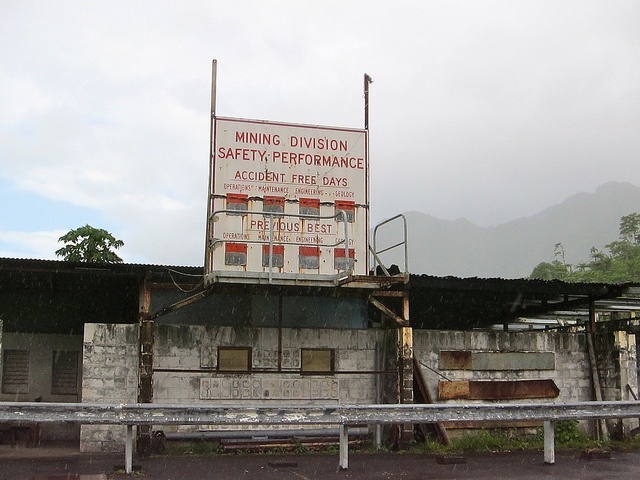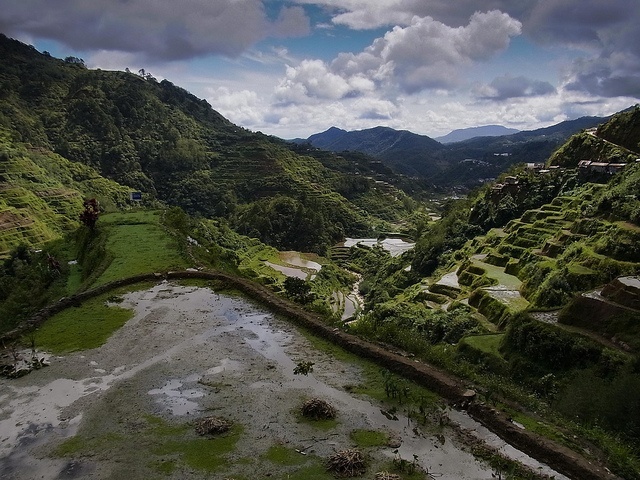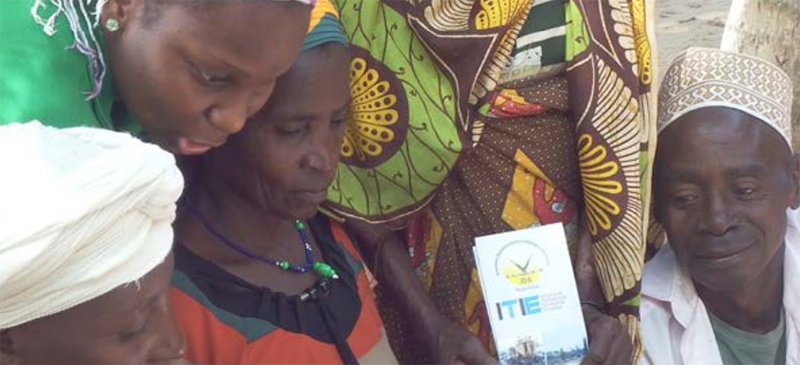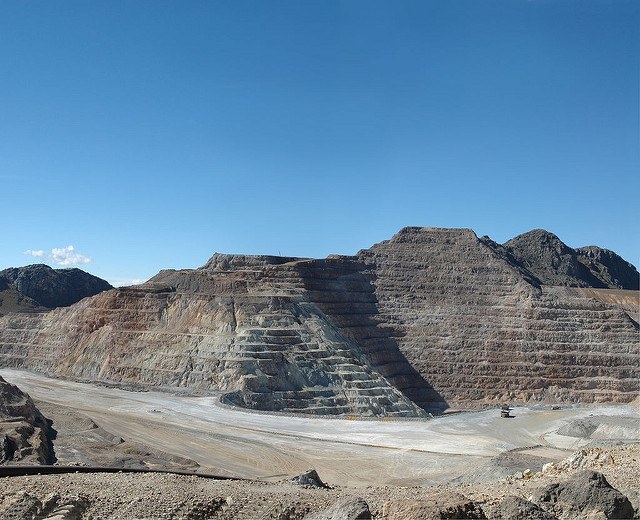News and resources
Explore our publications on a wide range of topics, to find the powerful facts, stories and approaches that underpin our work to make the extractive industry more open, accountable and participatory.
Making the most out of Papua New Guinea’s first EITI report
An EITI candidate country since 2013, Papua New Guinea launched its first Extractive Industries Transparency Initiative (EITI) Report last month, on 30 March 2016. With large natural resource reserves, Papua New Guinea’s economy has been dominated by extractive activities since the 1970s, in particular the extraction of gold, oil, and copper. This industry now accounts […]
EITI in Papua New Guinea: pros and cons
Background Papua New Guinea was admitted as an Extractive Industries Transparency Initiative (EITI) Candidate country on 19 March 2014. This came about as part of a condition for an ADB loan the Papua New Guinea Government wanted to take out as a partial credit guarantee to participate in the Papua New Guinea to Queensland Gas […]
Martyn’s rice field diary
Manila is a five hour flight on a Boeing 737 tracking north-west into South East Asia from the western Pacific coast of Port Moresby, Papua New Guinea. Both the Philippines and Papua New Guinea have names starting with the letter “p” and are classed as Middle Income Countries by the World Bank but that is […]
The UK publishes its first EITI report
On 15 April the United Kingdom published its first Extractive Industries Transparency Initiative (EITI) report, after being an EITI candidate country since 2014. The report provides, for the first time, and for calendar year 2014, a detailed public breakdown of taxes, licence fees and other payments made to the UK government by 71 named oil, […]
Statement: Civil society crackdown undermines Equatorial Guinea’s ongoing efforts to re-join EITI
Statement on Equatorial Guinea – Suspension of CEID – Statement PWYP is extremely concerned about the suspension of a leading independent civil society organisation, Centro de Estudios e Iniciativas para el Desarrollo (CEID), in Equatorial Guinea by the Minister of Interior who is also the country’s first Vice Prime Minister. Under an order issued by […]
Joint Statement: Africa Mining Vision: CSOs and government make progress to develop the African Mineral Governance Framework
Statement prepared by: Tax Justice Network-Africa, Publish What You Pay, Southern Africa Resource Watch, and Oxfam Monday 28th March, 2016 Addis Ababa, Ethiopia – The ongoing collapse of mineral prices on the international market, growing debt crisis and dwindling revenue to finance socio-economic development in African countries has refocused attention on how to optimally use […]
Lebanese MPs recommend joining the EITI: a step welcomed with cautious optimism by civil society
On March 22, the Lebanese Parliament’s energy committee issued a recommendation to the government to join the Extractive Industries Transparency Initiative (EITI) with the aim to enhance transparency and accountability in Lebanon’s oil and gas sector. Through this effort Lebanese officials are signalling that Lebanon is serious about adopting transparency measures in its petroleum industry […]
Extractivism in Latin America: the violations of rights
Latin America is at a crossroads. Either measures are put in to transition from the extractive model on which the region has become increasingly dependent in recent decades, or the situation in the region will become completely unsustainable in social, environmental and climatic terms, and even in fiscal and economic terms. The high prices of […]
Proud past, bright future: PWYP activities report 2012-2015
The past four years have been extraordinary for PWYP. We have grown significantly and have become a global family of over 800 civil society organisations. In 41 countries we have PWYP-affiliated coalitions using the PWYP logo as a sign of excellence bound by governance and membership standards. We are united through our Vision 20/20 strategy […]
Our eye on the EITI future
The EITI has the potential to make a great contribution towards better natural resource governance. However, for that to happen, it needs to take a leap and turn from a transparency initiative into an accountability initiative. In this paper, PWYP presents its vision for where the EITI should be heading if it wants to deliver […]
Implementing Vision 20/20
In 2012, Publish What You Pay adopted the Vision 20/20 strategy and expanded its remit from revenue transparency to all steps of the value chain. One of the pillars of PWYP’s strategy is to “Publish What You Learn”. PWYP has therefore, on the occasion of its 2016 Global Assembly, sought to reflect on the work […]
Extractive industries in a resource and climate constrained world
Two weeks ago, a prominent international initiative on transparency in the extractive sector gathered in Lima, Peru. This was the first time that the Extractive Industries Transparency Initiative (EITI) has met in Latin America for its global conference since the initiative was founded in 2003. Last week, a high profile environmental and indigenous rights activist, […]















